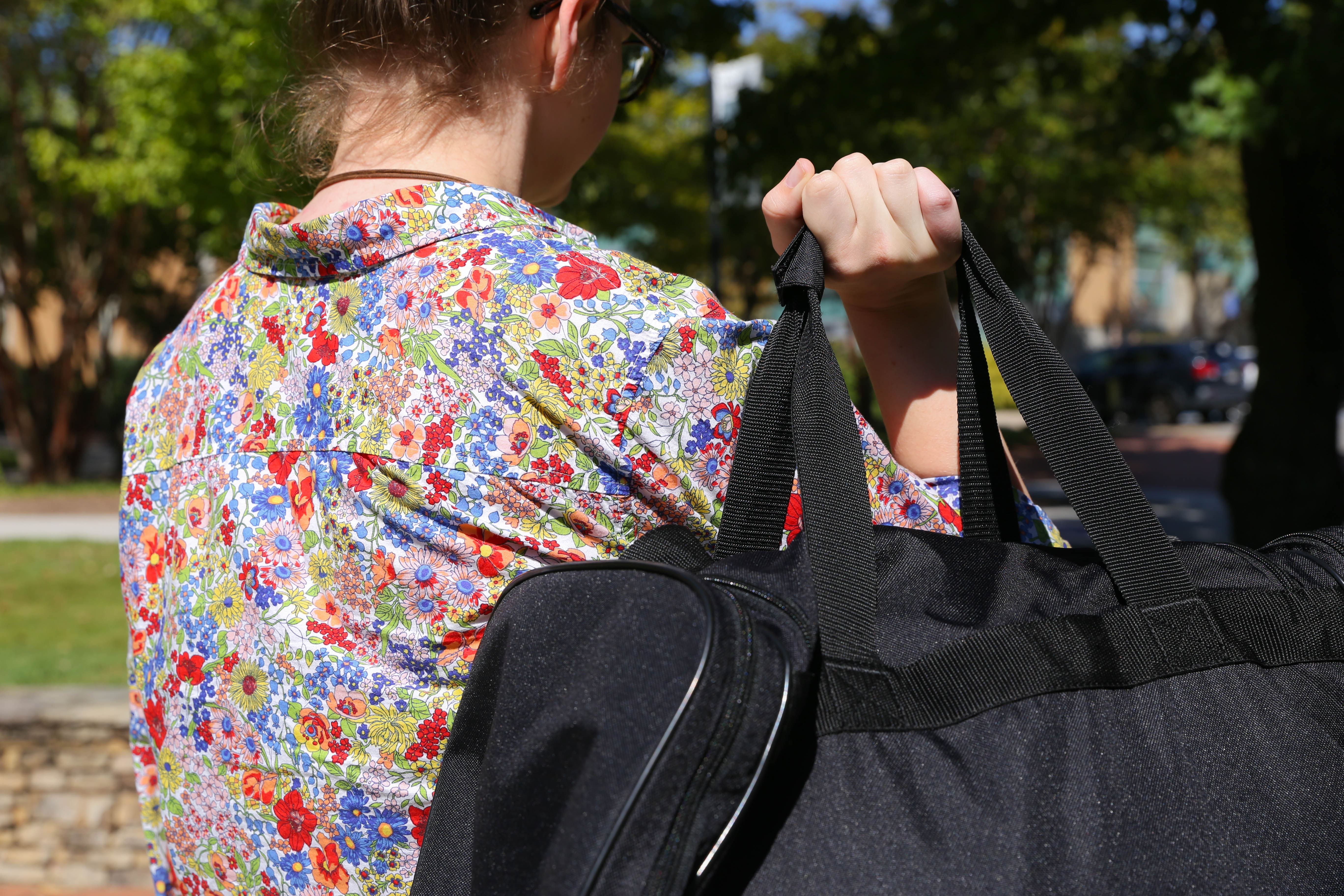While young people may call for the legal drinking age to drop from 21 to 18, lowering the drinking age would have would have detrimental effects on our community health, especially in adolescent health.
As stated in the Handbook of Clinical Neurology, “alcohol is the most commonly used substance during adolescence.” Lowering the current legal drinking age would specifically create issues in adolescent brain development and even increase the number of traffic fatalities among younger drivers.
An article published in the Journal for Safety Research states that “almost all studies designed specifically to gauge the effects of drinking age changes show [the minimum legal drinking age] of 21 reduce drinking, problematic drinking, drinking and driving, and alcohol-related crashes among young people.”
A figure in the Handbook for Clinical Neurology reflects the findings of a research study that investigated the effects of alcohol on adolescent brain development. It specifically shows the brains of 18-year-olds and how areas of the brain that would normally be inactive due to maturation are actually abnormally active in the brains of 18-year-olds consuming alcohol.
John McCardell, the former president of Middlebury College in Vermont, argues that the legal age of 21 caused an increase in binge drinking on campus. However, he did not have evidence to draw this conclusion. Although media may portray that the majority of students take part in unhealthy drinking habits, including binge drinking or driving while under the influence, most students actually do not take part in these unhealthy drinking habits. These findings are based on data collected by the American College Health Association’s National College Health Assessment.
Eighteen-year-olds may think that since they have legally reached adulthood, they should have the ability to make all of their own decisions. However, at 18, many still have the mentality of adolescents and are not mature enough to make certain decisions on their own. Alcohol consumption would only increase their risk for making dangerous decisions.
William DeJong wrote in BU Today, that “it’s important to remember that there is no single cutoff point at which a person assumes all of the rights and privileges of adulthood.” This means that one cannot justify bringing the legal drinking age down to 18 just because 18 is when one would legally become an adult. There is no starting point for all of the adulthood to hit someone at once.
Lowering the minimum drinking age to 18 would have detrimental health risks. The CDC reports that the minimum drinking age of 21 is supported and recommended by various health professionals, including the American Academy of Pediatrics and Mothers Against Drunk Driving. The amount of research supporting the legal drinking age of 21 is overwhelming. The drinking age should remain at 21 to protect students and their health.



